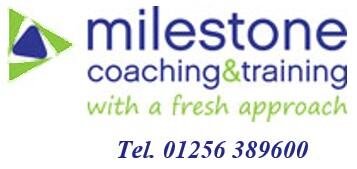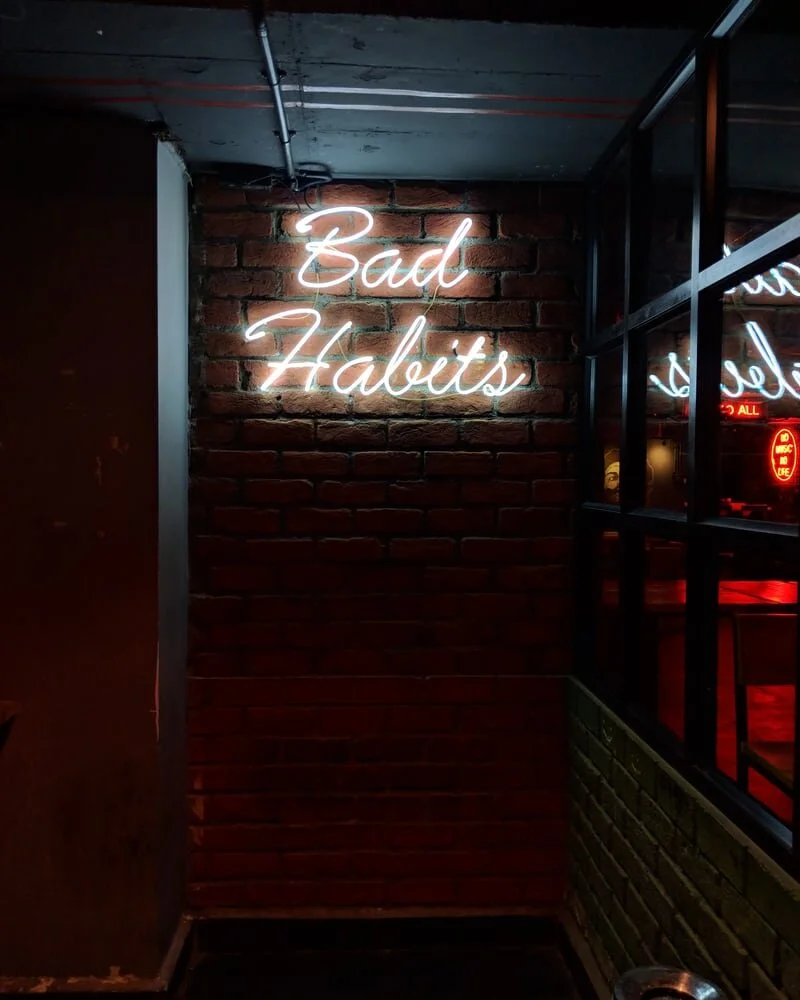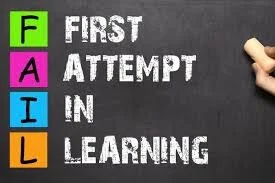Several evenings ago, I was enjoying a balmy summer’s evening over a glass of chilled wine with two of my closest former work mates. We were having a lovely chat about our teenage children and the new relationships they are embarking upon.
One friend was sharing how difficult it was that her daughter’s new boyfriend was incredibly shy and that despite trying to make him feel relaxed in their home and drawing him into conversation over the dinner table, it was proving a real struggle. He would avoid eye contact, blush, look on edge, and only give short answers when spoken to.
I shocked them both by saying that was exactly how I had been at 17 and that I totally empathise with him.
“Really!!?” replied one, doubtfully.
“Yes, I was scared of my own shadow. I hated social gatherings and would avoid them whenever I could. And when I couldn’t, I would get myself worked up horribly beforehand; my palms would go really clammy, my heart would race, my inner voice would flood my head with all sorts of self-doubts and anxiety, I’d go really hot and blush horribly as soon as anyone spoke to me. Being painfully shy is truly awful.”
“Why were you like that?” asked my other friend, as if there was a logical reason why I had chosen to be that way!
The first friend diverted that line of questioning by saying how genuinely shocked she was, bearing in mind the confident person they knew me to be years on from then. “I can’t believe that we know you as being really confident and bubbly, I can’t imagine you like that. How did you change it and get where you are now? You are a professional speaker comfortable in front of large audiences, a Podcaster, YouTuber, and have even occasionally been a guest Life Coach on the radio? You couldn’t be any more different than the person you are describing, how did you change it?’
The truth is, it took a lot of work. I knew I needed to believe in myself, I knew I wanted to become a stronger, more confident, and courageous individual. A person who was willing to take risks, try new things, speak out, and feel comfortable in any situation. I hated avoiding or dreading job interviews, struggling enormously with nerves and anxiety during the first few days in a new job, hating the first few dates with a new boyfriend, and then ultimately the nightmare of having to meet his family or the terror at speaking up in meetings at work, or even worse – having to give a presentation.
At first, I wasn’t sure how to turn things around, no one taught me, but I did it by myself, for myself. Slowly, but surely, I took one step at a time and built on any, and every, little successes I had. My confidence slowly grew, my self-belief developed, my courage expanded, and my happiness and achievements soared.
It wasn’t always easy, and it took me a long time. Training as a coach was a massive help because I learned tools and techniques ready to use with clients, and I was my first client!
I now know that confidence is a skill, and like all skills, it can be taught and learnt. There are many strategies and techniques that can be used to speed up the process and equally there are many negative habits and behaviours that need to be avoided.
Being shy, or struggling with social anxiety, does not have to be a permanent reality. We can make the decision to turn things around and make low confidence, poor self-belief, shyness, and social anxiety a thing of our past. Believe me, it was the best thing I ever did for myself. I will never get in my own way again or hold myself back because of fear and self-doubt.
Please feel free to call me if this is something you would like to chat through and explore for your development. Perhaps together we could move you from that crippling position of low self-confidence to a place where you feel totally comfortable in your own skin, with your thoughts, and in life. I would love to speed that process up by coaching you in confidence, success, and inner happiness and teach you the tools, techniques, and strategies that will allow you to reach wherever you have only ever previously dreamed of.














